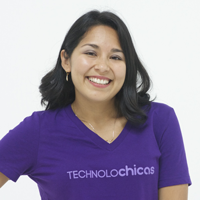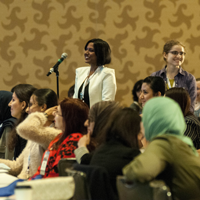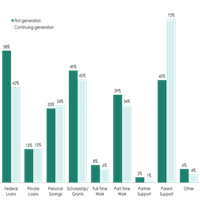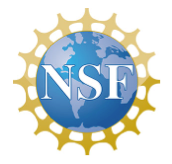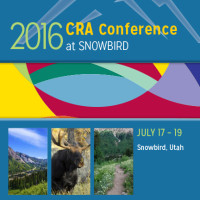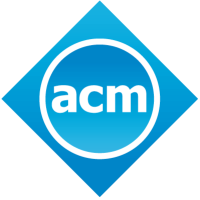
2015 Taulbee Survey – Continued Booming Undergraduate CS Enrollment; Doctoral Degree Production Dips Slightly
This article and the accompanying figures and tables present the results from the 45th annual CRA Taulbee Survey. The survey, conducted annually by the Computing Research Association, documents trends in student enrollment, degree production, employment of graduates, and faculty salaries in academic units in the United States and Canada that grant the Ph.D. in computer science (CS), computer engineering (CE) or information (I)2. Most of these academic units are departments, but some are colleges or schools of information or computing. In this report, we will use the term “department” to refer to the unit offering the program. This year’s survey also includes the so-called “department profiles” data about space, research funding sources, and teaching loads; these data are only requested every three years.


